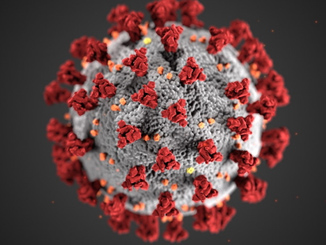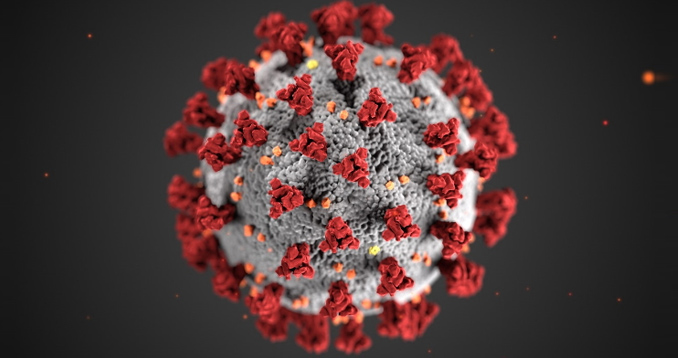

More than 600 cases of the XE variant have been reported in the United Kingdom, according to health officials.
BA.2, a sub-variant of the Omicron coronavirus variant, has now become dominant globally, representing nearly 86 percent of all sequenced cases, according to the World Health Organization. However, international health experts are putting an increased focus on a new hybrid variant that may even be more infectious.
The XE variant is a recombinant, meaning it is comprised of genetic material from two other strains, which in this case are BA.1, the original strain of omicron, and BA.2, known as “stealth omicron.”
According to an epidemiological update published March 29 by the World Health Organization, estimates show XE is 10% more transmissible than BA.2, however the findings require further confirmation
The variant was first detected in the United Kingdom in mid-January, and since then, 600 cases have been reported in the country.
The United Kingdom’s Health Security Agency has said it is monitoring XE along with two other recombinants, XD and XF, which are made up of the Delta and BA.1 strains.
U.K. health authorities explained in late March there was “insufficient evidence to draw conclusions about growth advantage or other properties of this variant,” but addressed initial reports about its infectiousness.
“This particular recombinant, XE, has shown a variable growth rate and we cannot yet confirm whether it has a true growth advantage,” said Susan Hopkins, chief medical advisor for UKHSA.
Recombinant variants themselves, however, are not out of the ordinary, according to health officials.
“Recombinant variants are not an unusual occurrence, particularly when there are several variants in circulation, and several have been identified over the course of the pandemic to date,” Hopkins stated. “As with other kinds of variant, most will die off relatively quickly.”
WHO said it “will continue to closely monitor and assess the public health risk associated with recombinant variants” and will “provide updates as further evidence becomes available.”
“Current evidence suggests some waning of protection over time against serious outcomes from COVID-19 in older and immunocompromised individuals. Based on an analysis of emerging data, a second booster dose of either the Pfizer-BioNTech or Moderna COVID-19 vaccine could help increase protection levels for these higher-risk individuals,” said Peter Marks, M.D., Ph.D., director of the FDA’s Center for Biologics Evaluation and Research. “Additionally, the data show that an initial booster dose is critical in helping to protect all adults from the potentially severe outcomes of COVID-19. So, those who have not received their initial booster dose are strongly encouraged to do so.”
Following the emergence of the Omicron COVID-19 variant, several pharmaceutical companies have announced that they will be manufacturing COVID-19 vaccines that specifically target the latest variant of concern.
In January, pharmaceutical giant Pfizer Inc. and its partner, BioNTech, announced that studies were being done to compare its original COVID-19 vaccine with doses designed to match Omicron. At the beginning of the year, Pfizer CEO Albert Bourla said the redesigned vaccine could be ready to launch as soon as March.
Moderna Inc. made a similar announcement, revealing that the company has begun testing its own Omicron-specific vaccine and that clinical data should be available by March as well. Both companies have since reported delays in delivery of either several weeks or months in order to gather more data.

Leave a Reply